
Laura's Blog

The Twist and Censorship
September 22, 2025
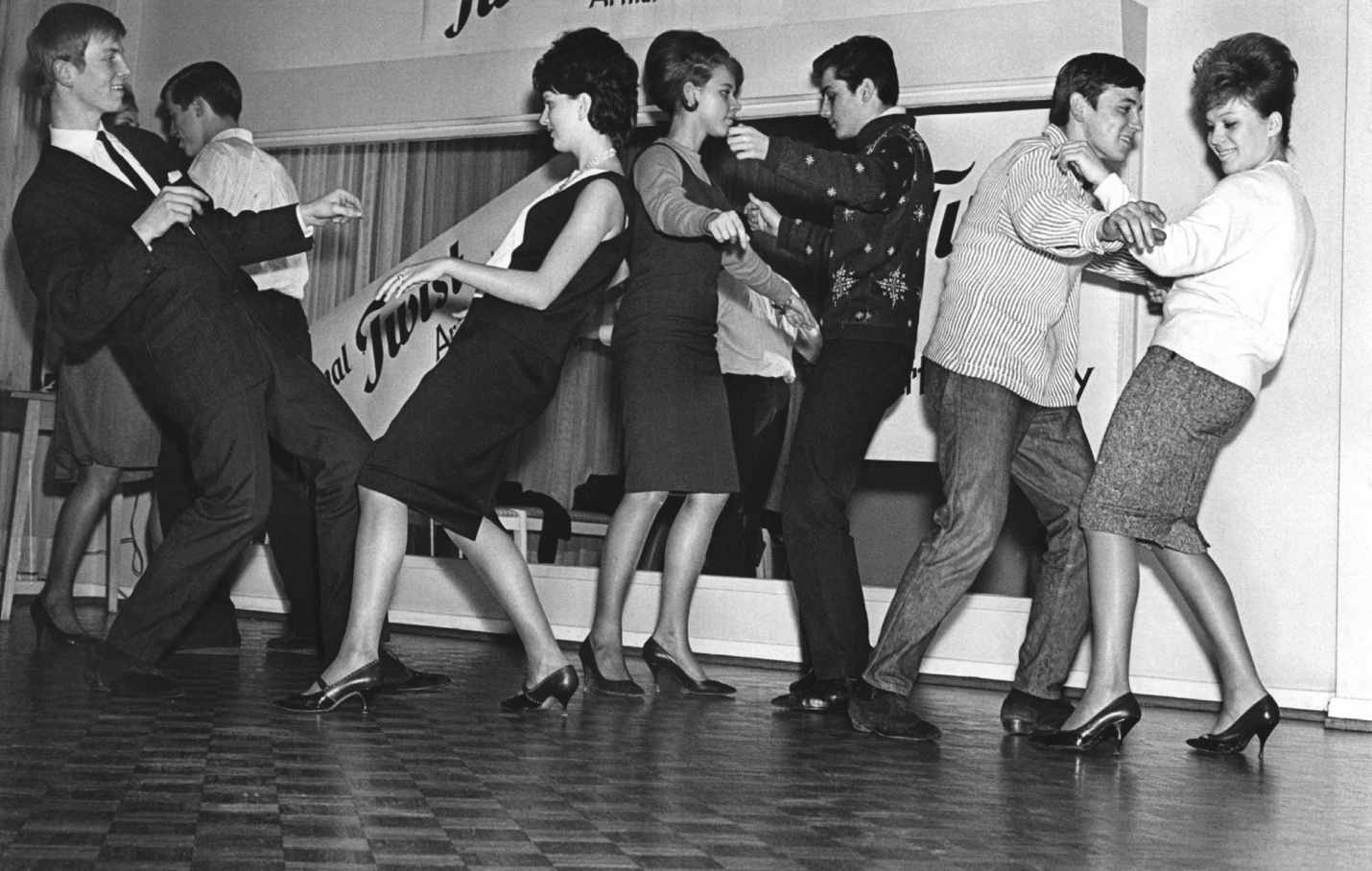
This week in September 1960, Chubby Checker’s “The Twist” hit #1 on American pop charts. The song’s accompanying dance — swiveling hips and legs, swishing skirts and shoes squeaking on the floor —became a cultural phenomenon and nationwide craze with its sense of innocent abandon and exuberance. It quickly grew into a symbol and catalyst of the decade’s coming social change and youth culture.
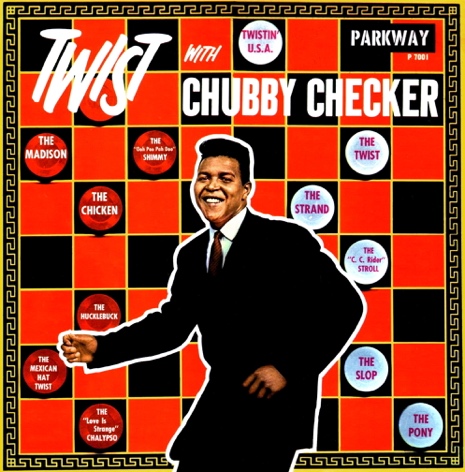
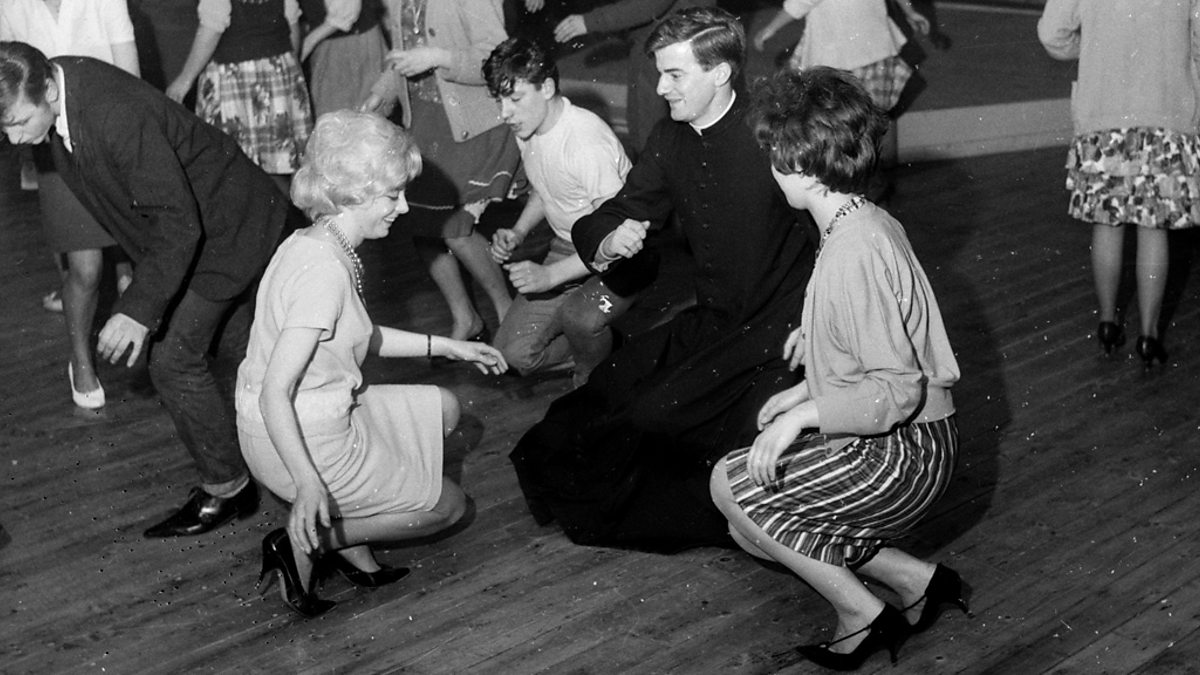
The Twist didn’t require couples or prescribed steps, or grace really, just a sense of fun and community and a jubilant reaction to a catchy tune —an individual dance that invited everyone to join. It was so magically infectious in its egalitarian joy-in-motion, I featured it in a scene in WALLS, my docu-novel set in Cold War Berlin.
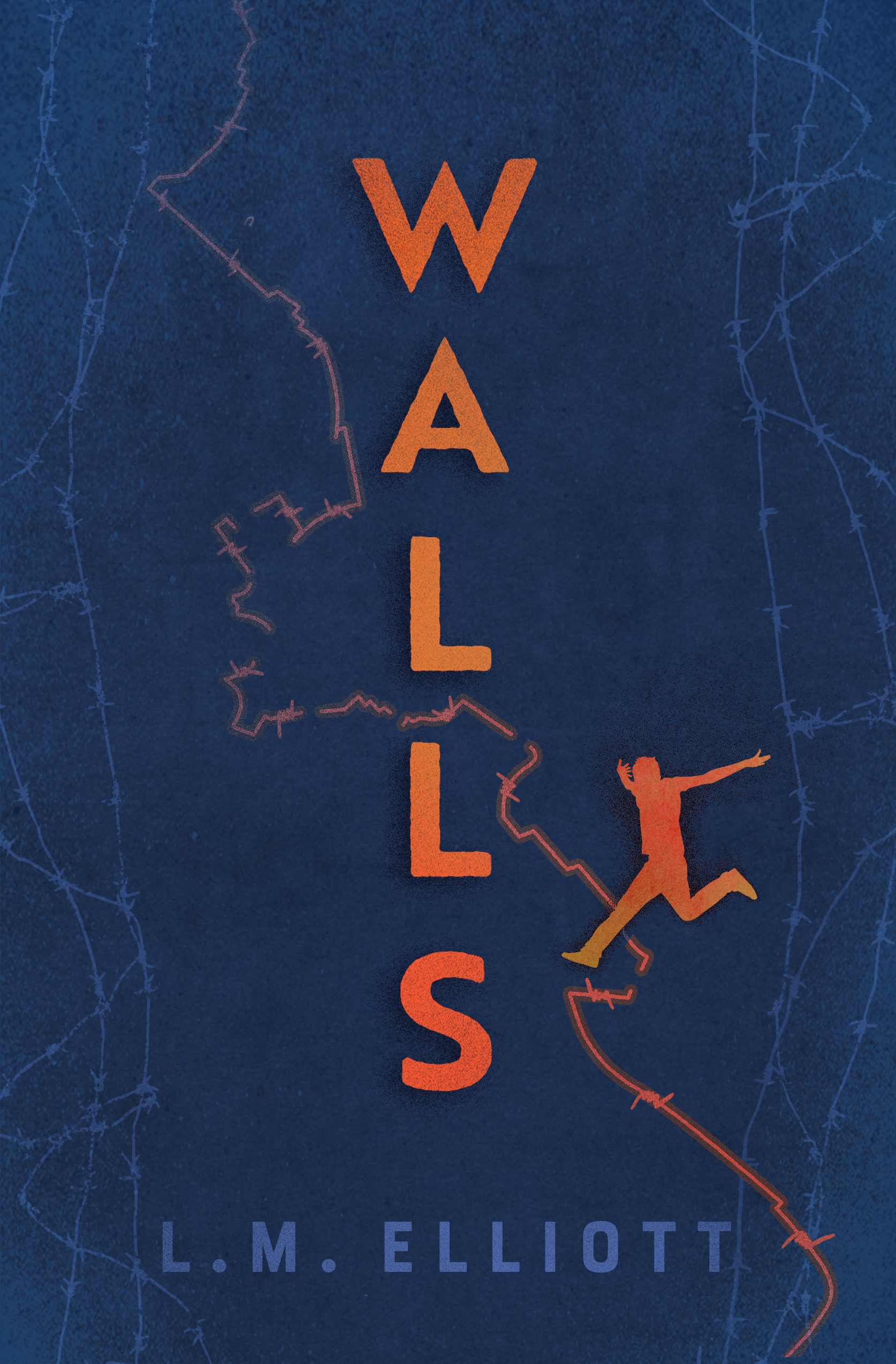
The story stars American Army kids of the Berlin Brigade in 1960-61, their parents standing post toe-to-toe with Soviet troops in the epicenter of Cold War frictions. The Twist felt a terrific icebreaker for military kids uprooted and plopped down into yet another new school and peer group: Within seconds, Charlie was out on the floor, followed by one, two, three—more than a dozen kids—in a full troop surge, all laughing and clapping. It was beautiful—a total devil-may-care, sock-hop romp.
For all those charming qualities —unabashed individual expression and a sense of communal fun— the authoritarian regime on the other side of Berlin hated The Twist. Soviet Russia-controlled East Germany banned the song. Any teen caught clandestinely tuning his radio to the free-floating signal of West Berlin’s (AFN) American Forces Network broadcasts of jazz or pop music, or somehow possessing an outlawed “barbaric” rock 'n roll record, or dancing the “bestial, vulgar, pornographic, wiggle hip” of The Twist were charged with Kulturebabarei. Culture corruption, poisoning good German morals.
Kulturebabarei was a charge akin to sedition. A charge that could send a teenager to a “re-education camp” for as many as seven years.
Take a moment to consider the definition of censorship: banning materials deemed “to corrupt, offend, or undermine prescribed moral values.” Morals prescribed by people in power, or those who want it. Those who feel threatened or aggrieved, as if they and their ways of life are being “replaced” by lifestyles and people that offend them. Censorship prevents anything that might challenge and dilute the leader’s message: to trust him and only him, and that only certain people—his people—and his ways of living are acceptable.
I include Chubby Checker's songs again in another, very different scene in WALLS. This one a poignant moment of defiance by my protagonist's cousin, an East German teen raised in anti-American dogma but who loves jazz and rock 'n roll. He clandestinely tunes his radio to catch the free floating airwaves of AFN and for a glorious moment gyrates to "Pony Time" with happy abandon in a shake, rattle, and roll dance of independence and gleeful adolescent disobedience. Then: The song ended. Winded, he stood triumphant and unapologetic, like a boy who'd gotten away with a tremendous prank against a cruel headmaster. Matthias turned off the radio. Suddenly he looked scared. Really scared. He knew the neighborhood spitzel (a Stasi informant) could have heard.
I knew to write that scene because I had the gift of interviewing several alumni of the Berlin Brigade, who’d been teens in the city when the infamous Wall went up in August 1961. One, a budding DJ, had convinced AFN to let him and a few of his buddies broadcast a weekly “teen hour” of their favorite hits. After that terrible Wall went up, those American radio boys received a request list that had been tied around a rock and thrown over the concrete barricade before it was completely outfitted with an impassable no-man’s land. An incredibly risky move.
Our teen disc jockeys played that list over and over, hoping the East Berlin kid could hear it. My source learned later that the music-loving teen had been arrested by the Stasi (East Germany’s KGB) and disappeared.
All for love of a few songs.
Our State Department continued trying to reach souls trapped behind the Iron Curtain through cultural exchange programming, sending musical groups like David Brubeck’s jazz combo into East European countries. The communist regimes carefully controlled who could see those performances, of course, but some East Germans managed to secretly record those concerts. They pressed songs onto old X-ray film they’d pulled out of hospital trash and cut into 45 rpm-sized circles. Still showing shadowy images of patients’ ribs, lungs, spines.
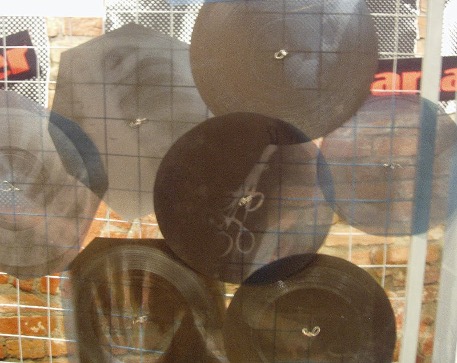
And now compare that to what we’re seeing today in our own country.
I encourage us all to remember these 1961 words of JFK: “We are not afraid to entrust the American people with unpleasant facts, foreign ideas, alien philosophies, and competitive values. For a nation that is afraid to let its people judge the truth and falsehood in an open market is a nation that is afraid of its people.”

Other Blog Posts
Click Here to See All of Laura's Blog Posts
